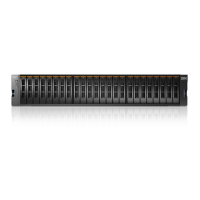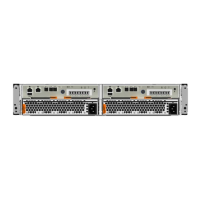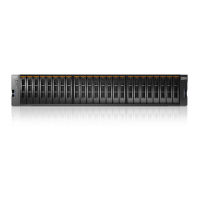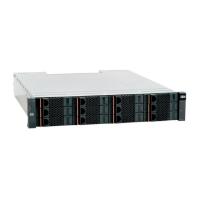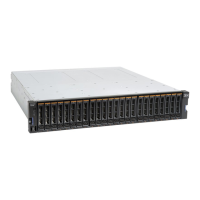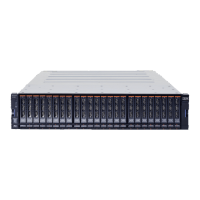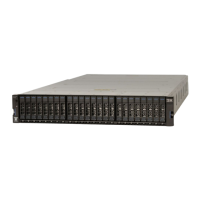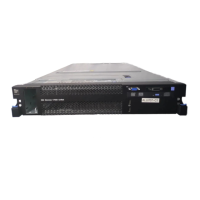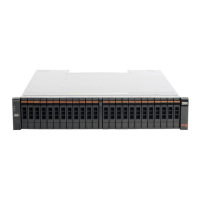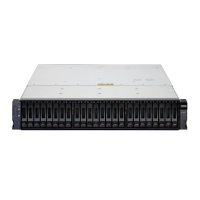Chapter 5. Host configuration 203
Configuring QLogic HBAs for Windows
This section applies to Windows hosts with installed QLogic HBAs.
After you install the device driver and firmware, you must configure the HBAs. To perform this
task, either use the QLogic QConverge Console (QCC) command-line interface (CLI)
software or restart into the HBA BIOS, load the adapter defaults, and set the following values:
Host Adapter BIOS: Disabled (unless the host is configured for SAN Boot)
Adapter Hard Loop ID: Disabled
Connection Options: 1 (only point to point)
Logical unit numbers (LUNs) Per Target: 0
Port Down Retry Count: 15
The QCC Control Center Software is at this website:
https://ibm.biz/BdHjUg
Configuring Emulex HBAs for Windows
This section applies to Windows hosts with installed Emulex HBAs.
After you install the device driver and firmware, you must configure the HBAs. To perform this
task, either use the Emulex HBAnyware software or restart into the HBA BIOS, load the
defaults, and set topology to 1 (10F_Port Fabric).
Setting the Windows time-out value
For Windows hosts, the disk I/O time-out value needs to be set to 60 seconds. To verify this
setting, complete the following steps:
1. Click Start → Run. Alternatively, open a Power Shell window.
2. In the dialog box or Power Shell window, type regedit and press Enter.
3. In the registry editor, locate the
HKEY_LOCAL_MACHINE\System\CurrentControlSet\Services\disk\TimeOutValue key.
4. Confirm that the value for the key is 60 (decimal value), and, if not, change the value to 60
(Figure 5-1).
Figure 5-1 Windows time-out value
Installing the multipathing software
Microsoft Multipath Input/Output (MPIO) solutions work with device-specific modules (DSMs)
that are written by vendors, but the MPIO driver package does not, by itself, form a complete
solution. This joint solution enables the storage vendors to design device-specific solutions
that are tightly integrated with the Windows operating system. MPIO is not included with the
Windows operating system. Storage vendors must pack the MPIO drivers with their own
DSM.

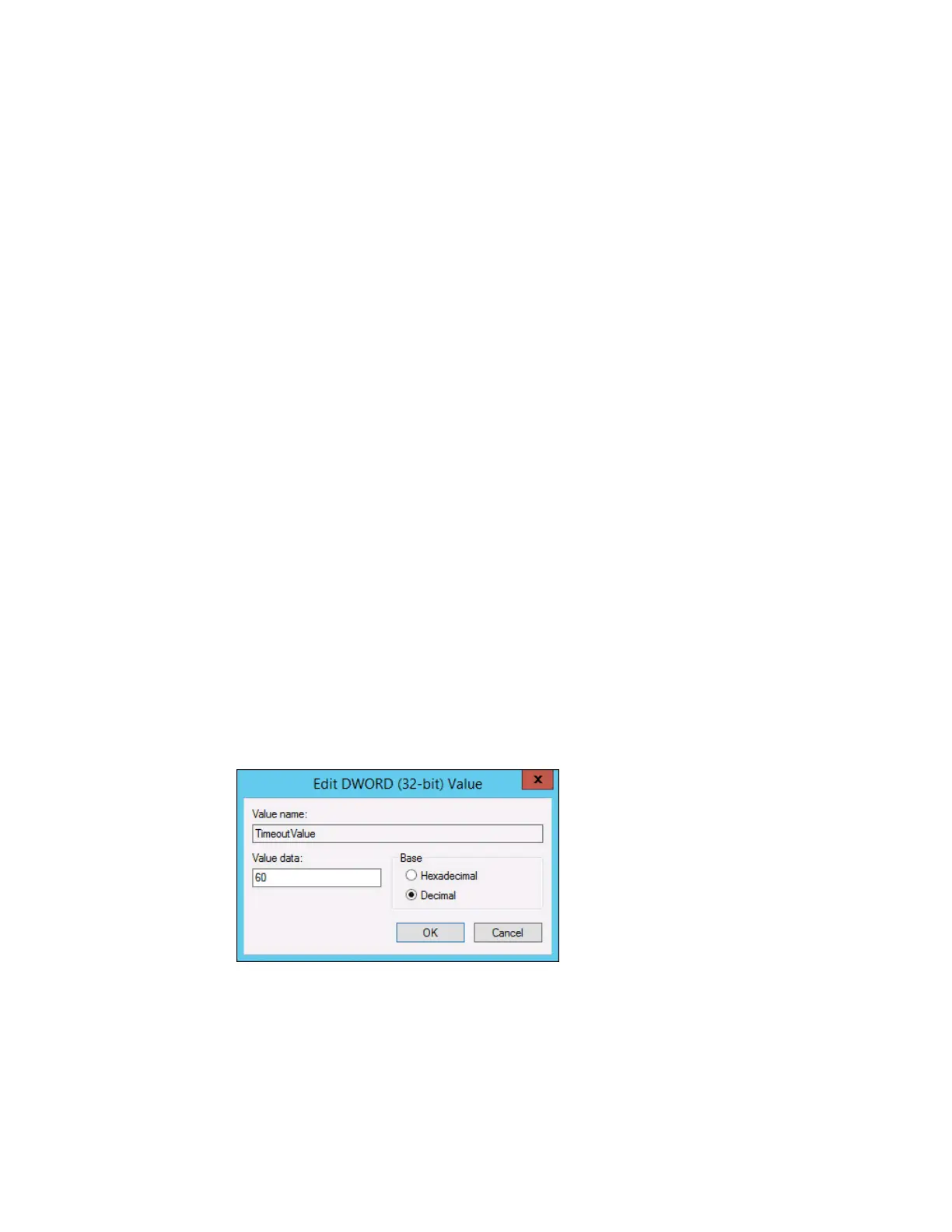